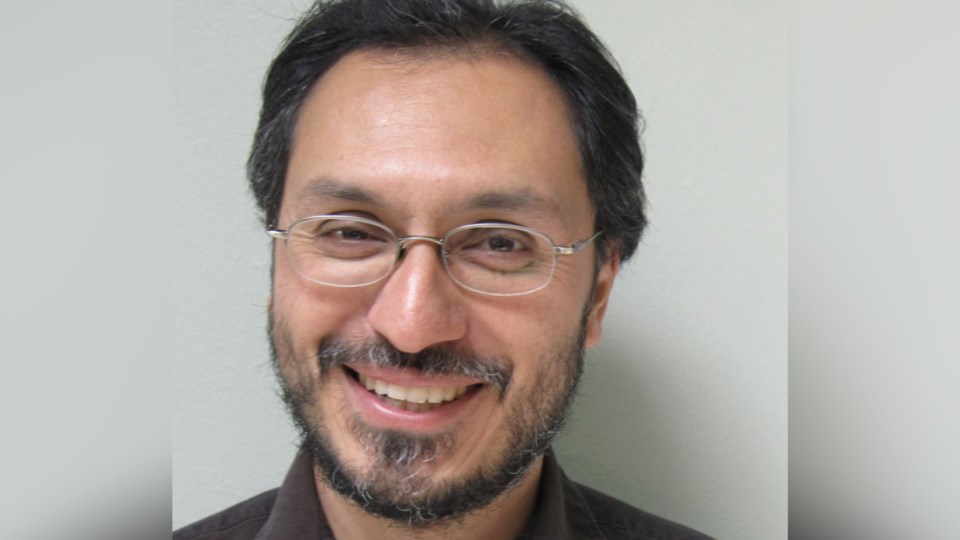The BC NDP provincial government should have enough runway to operate a sizable deficit in Thursday’s annual budget despite contrasting concerns of high interest rates from fiscal conservatives, says economist Marc Lee of the left-wing think tank Canadian Centre for Policy Alternatives.
Economists and analysts for , Independent Contractors and Businesses Association and have shared those broad concerns with Glacier Media this week, arguing the provincial government ought to show spending restraint amid a slowing economy increasingly steered by historic interest rate hikes eating into household spending.
But, said Lee, “in terms of overall debt, I don’t really see those red flags.”
Since the NDP took power in June 2017 taxpayer-supported debt has risen from $45.2 billion (2018) to $69.3 billion as of last September.
But relative to the province’s GDP debt accounted for 15.5 per cent in 2018 and is now at 17 per cent.
Both debt and debt-to-GDP ratio have fallen since the COVID-19 pandemic and are at some of the lowest rates among provinces, noted Lee.
Fiscal conservatives are concerned debt payments will become unmanageable but Lee says “right now the debt payments relative to overall revenue is still under four per cent.”
The 2023 budget stated “debt affordability remaining at levels that are lower than they have been historically” and ÎÚÑ»´«Ã½ taxpayers actually only spend three cents for every dollar, whereas in 2017 they spent 3.3 cents, according to financial records that indicate the government is paying 4.18 per cent interest on its long-term debt.
While the NDP has turned surpluses into deficits of late, the tide hasn’t shifted substantially, said Lee, also noting budgets bake in lots of contingency expenditures to address cost overruns.
From 2018 to last year, total revenues have risen about 43 per cent whereas expenditures are up about 50 per cent. Much of the added revenues are a result of taxes on growing wages and population growth; the BC NDP has made only minor changes to income and business taxes since 2017.
For Lee, with a recession in progress or on the way, all signs should point to more spending.
“Straight up old-school fiscal policy is that if you’re looking into a recession, that’s the worst time for government to tighten its belt and try to balance the budget. That only makes the recession worst because you’re pulling money out of the economy,” said Lee, calling the fiscal conservative approach “irresponsible.”
In keeping with his centre’s approach, Lee suggests government should be investing in all major sectors: housing, health care, social and mental health supports and education all need ongoing upgrades.
And Lee’s centre is acutely focused on policies aimed at improving housing affordability for lower- and middle-class people and families.
Lee has been supportive of the province’s housing plan, including bypassing municipal governments to create blanket zoning for multi-unit buildings in detached home neighbourhoods.
But, said Lee, the government needs to spend more money on building non-market housing, such as supportive housing and co-ops.
Lee said the new is “disappointingly small” at just $950 million of investment dollars to build 4,000 new homes (combined with $2 billion of low-interest loans to non-profit builders).
“That’s better than zero but in a population of five million people, it’s not even a rounding error,” said Lee.
“In many ways, they’re moving in the right direction but with far too little ambition, particularly on the housing, mental health and climate side,” said Lee.




